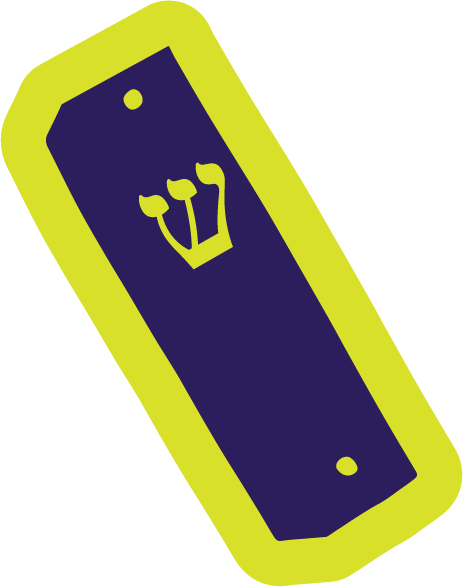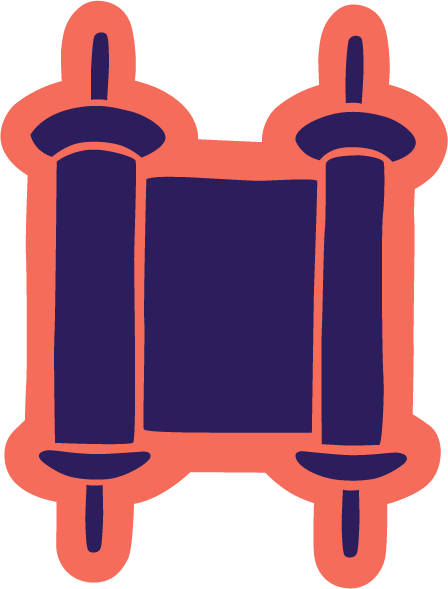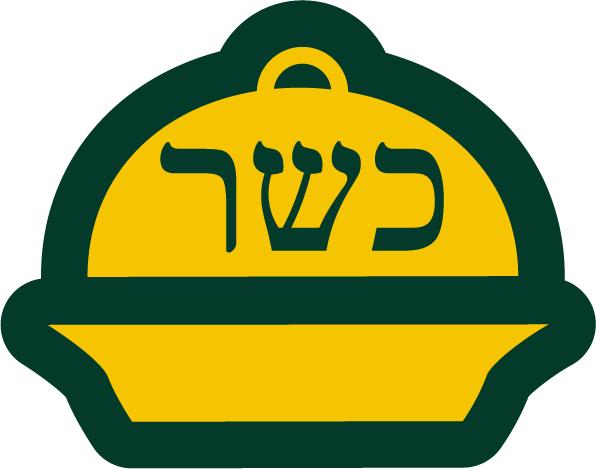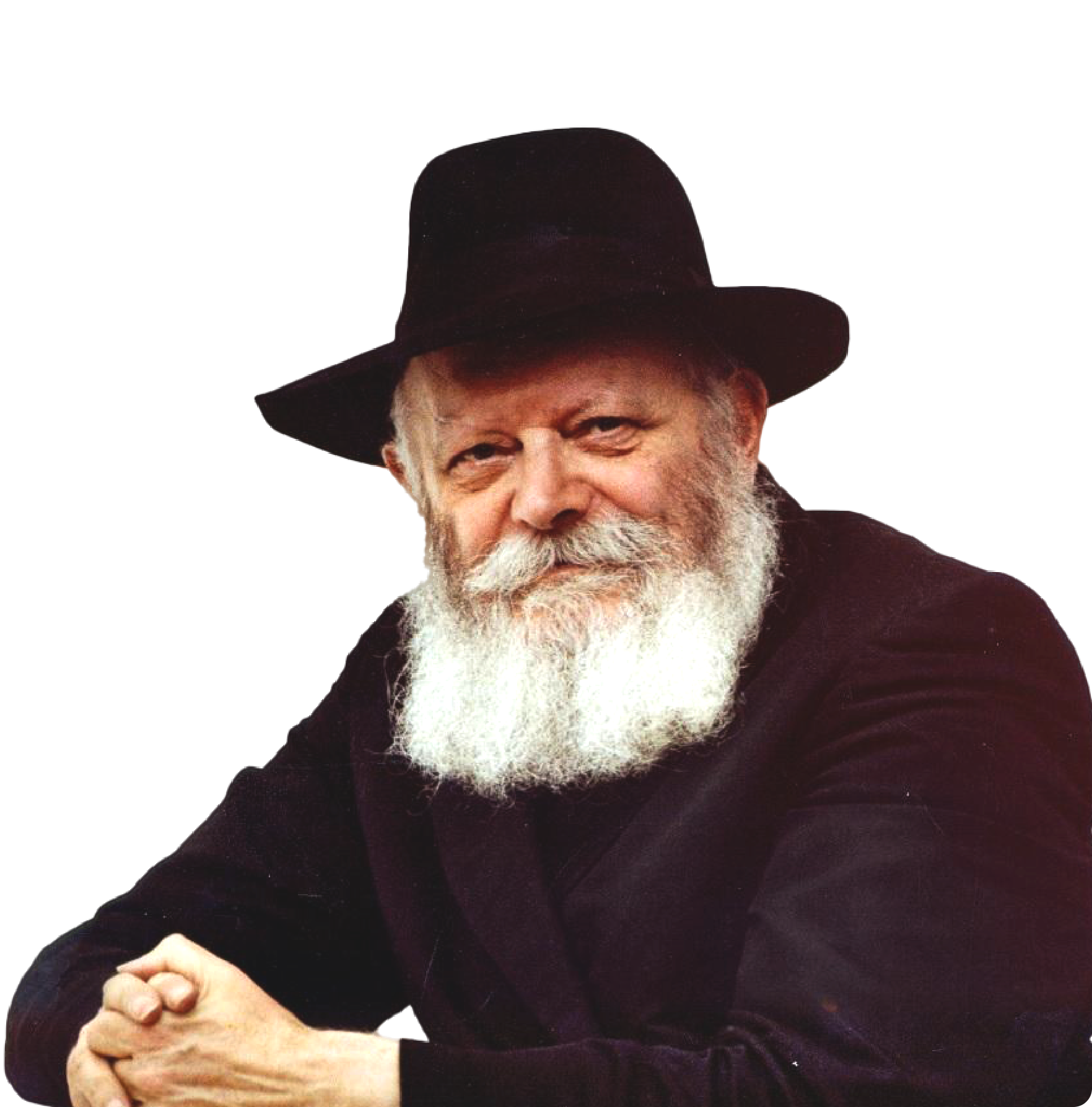In 1974, Israel was rocked by a terrible terrorist attack. In the northern city of Ma’alot, Palestinian terrorists massacred 25 young students in cold blood. The following Saturday, the Lubavitcher Rebbe gave an emotional speech to thousands of his followers about combating hatred with mitzvahs, by the increase of good deeds. He highlighted the Mezuzah mitzvah. The mezuzah is a small parchment scroll that we attach to our doorposts as a spiritual “guard” for our home. It reminds us that our purpose in life, our moral foundation, and our sense of security come from our faith and trust in God the Creator. In the days that followed, the Rebbe spoke repeatedly about the significance of this and added that when dark hatred is rising in the world, it is our duty to illuminate the earth by spreading the good works of the Torah, the Bible.
Consequently, the Rebbe embraced and enthusiastically supported the initiative of young student rabbis to drive around on the streets in an unconventional Mitzvah Tank (a Mitzvah Mobile) and thus bring the religious and cultural values of Judaism to people who otherwise would not have gone to the synagogue. The name „Mitzvah (good deed) Tank” is a sort of counterpoint to the battle tank that embodies violence; it indicates that we must use the weapon of good deeds to make the world a better, more beautiful place.
On October 7, 2023, Israel and the civilized world was shaken by one of the most vicious terrorist attacks of the 21st century. Hamas terrorists massacred over 1,400 civilians and took more than 200 hostages thus starting one of the bloodiest wars in the Middle East. Today, just as almost 50 years ago, the best response to an ideology that promotes death and violence is a campaign that spreads the light of good deeds and caring for one another. True to this spirit, the first Hungarian „Mitzvah Mobile” was inaugurated on September 30, 2024.











